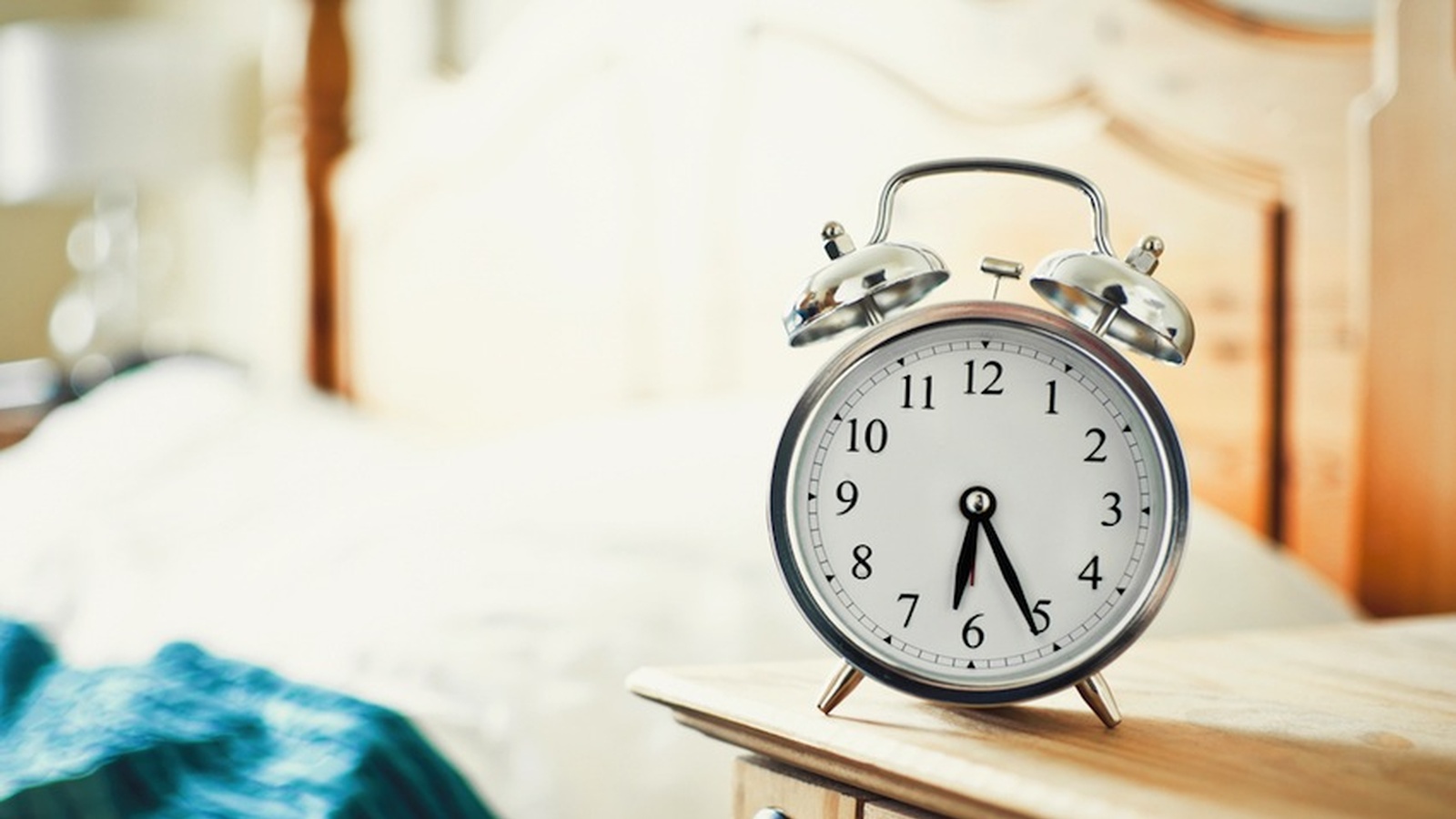GUIDE: Natural Solutions For Insomnia
About 10% of U.S. adults have a chronic insomnia disorder. 30 to 35% have brief symptoms of insomnia, and 15 to 20% have a short-term insomnia disorder, which lasts less than three months.
Chronic insomnia can have a negative impact on your health, increasing your risk of depression and high blood pressure. It also can lower your quality of life. Infact, going totally without sleep for more than 10 days can be deadly!
That’s why we’ve called in the help of one of our amazing naturopaths to guide you on the best natural solutions for this debilitating condition, and help you get the rest your body needs.
Make sure to bookmark this Natural Insomnia Guide for later, and share with your friends and family who need it most.
Condition name: Insomnia
Other names: Chronic Primary Insomnia, Chronic Secondary Insomnia, Sleep-onset Insomnia, Maintenance Insomnia
TYPES OF INSOMNIA
While most individuals experience some problems sleeping during their lifetime, chronic primary insomnia is diagnosed when sleep disturbances continue over one month and have a significant impact upon social and occupational functioning.
Primary insomnia occurs independently of other variables, whereas secondary insomnia occurs due to pre-existing factors (eg. another disorder, drugs, excess alcohol consumption etc).
Insomnia can be classified into two main types - sleep-onset insomnia which involves difficulty falling asleep, or maintenance insomnia where an individual wakes continually throughout the night or in the early morning.
SYMPTOMS
Those suffering from insomnia generally experience a range of symptoms resulting from chronic sleep deprivation, such as:
- Difficulty concentrating,
- Low mood,
- Anxiety,
- Fatigue,
- Poor memory,
- Daytime sleepiness,
- Low motivation or energy,
- Increased errors or accidents,
- Lethargy,
- Apathy,
- And tension headaches.
CAUSES
Insomnia has a wide array of potential causes. Sleep-onset insomnia is associated with anxiety, pain, caffeine, alcohol and environmental disturbances. Sleep-maintenance insomnia is linked with depression, sleep apnea, alcohol, drugs, pain, low blood sugar, and environmental changes.
Drugs which commonly cause insomnia include stimulants (amphetamines, nicotine), antidepressants, corticosteroids, thyroxin, calcium channel blockers, bronchodilators, beta-blockers, oral contraceptive pills and decongestants.
There are several disorders associated with the occurrence of insomnia. Psychiatric conditions, cardiovascular disease, hyperthyroidism, cancer, benign prostatic hypertrophy and gastrooesophageal reflux are frequently linked with insomnia.
Other conditions such as restless leg syndrome, headaches and respiratory difficulties are known to cause sleep difficulties. Nutritional deficiencies may also play a role in unhealthy sleeping patterns.
Serotonin, a neurochemical in the brain, is responsible for the initiation of sleep and requires several nutrients for its synthesis. Tryptophan (an amino acid that makes up protein) along with magnesium, niacin and vitamin B6 are just a few of the nutrients required for the production of serotonin.
DIETARY THERAPY
Eliminate/address the following if present:
- Caffeine
- Alcohol
- Smoking
- Technology use (television/computer/phone) before bed
- Excess sugar consumption (especially at night)
- High stress environments/occupations
- Energy drinks
Nutritional Plan
- Optimise nutrient absorption by consuming probiotic foods (sauerkraut, organic miso, kimchi) as well as bitters like apple cider vinegar or bitter greens before meals.
- For psychiatric related insomnia, consume wild-caught oily fish (eg. sardines or wild salmon) at least 3 times per week.
- Increase tryptophan foods to create serotonin for healthy sleeping patterns (turkey, organic milk, cottage cheese, cashews).
- Support the nervous system with foods rich in magnesium (nuts, seeds, legumes, whole grains, dark leafy green vegetables, mineral water).
LIFESTYLE THERAPY
Body Work
- Acupuncture
- Relaxation massage
- Kinesiology
Lifestyle Applications
- Lavender and lemon balm essential oils rubbed into wrists
- Lavender eye mask
- Aromatherapy bath before bed Lifestyle recommendations
- Begin a daily exercise regime: At least 30 minutes per day of activities such as walking, jogging, swimming, bicycle riding and team sports. Avoid late night exercise.
- Relaxation and meditation activities (yoga, tai chi).
- Learn suitable sleep hygiene (controlling light, temperature, noise, pillow/mattress quality, technology/electronic exposure, daytime napping).
- Create a worry diary and leave it on your bedside table to use before sleep (to release mental tension).
SUPERFOOD, SUPPLEMENTS AND HERBAL THERAPIES
Supplement Plan
- Fish oil (particularly for psychiatric related insomnia) - minimum 1g of EPA (eicosapentaenoic acid) daily with food
- 5HTP - 100mg, three times daily
- Activated B6 - 30mg with breakfast daily
- Niacin - 100mg before bed daily
- Magnesium - at least 300mg elemental magnesium before bed daily
- Melatonin - 1-2mg before bed
- Multi-strain probiotic - one serve per day with food (choose a heat stable probiotic) Superfood plan
- Food Matters Superfood Greens - follow instructions on pack
- Food Matters Superfood Protein - follow instructions on pack
To see our recommended supplement brands, click here.
Herb Plan
- St Johns Wort: - dried herb: 2-5g/day - liquid extract (1:2): 3-6ml/day - tablets/capsules: as per instructions on label (Caution: St Johns Wort can interact with a number of medications. Seek advice from your local practitioner before use.)
- Green tea: - as a tea during the day (avoid at night) to support energy levels
- Passion flower, chamomile and valerian tea: - no more than one cup after dinner
Please note, this information is not a substitute for tailored, medical advice and we encourage you to seek advice from a healthcare professional before implementing any of the above. To see our full disclaimer, click here.
If you haven’t already, join our free global challenge at www.GetOffTheGluten.com to receive daily recipes & health tips, access to our private group for support and inspiration, plus before and after testing to track your progress in key areas of your life such as weight, sleep, bloating, skin-conditions, mental health and more!


